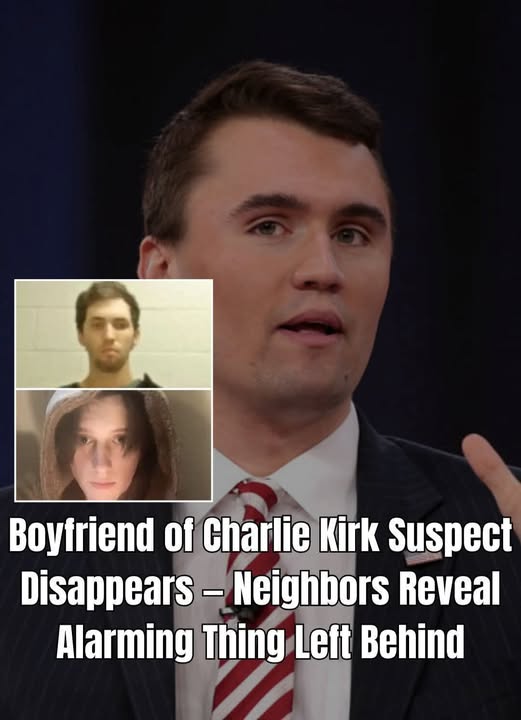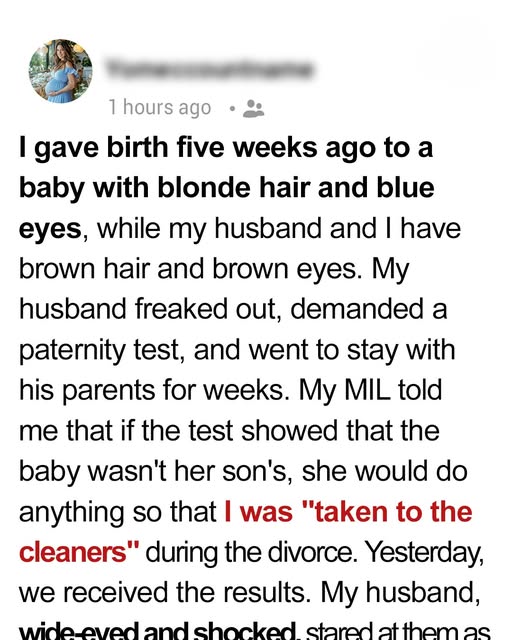The sudden disappearance of Lance Twiggs, 22, has rattled a quiet St. George, Utah neighborhood and sparked widespread speculation about his connection to a high-profile shooting that has gripped the state. Twiggs, a part-time plumber described by neighbors as private and reserved, vanished shortly after his partner, Tyler Robinson, 22, was arrested and charged in connection with the shooting.
The condominium Twiggs once shared with Robinson now stands as a strange reminder of his absence. Neighbors have noted that lights inside the unit have remained on for more than a week, giving the eerie impression that someone still lives there. Yet no one has seen Twiggs return. Mail and packages are stacked at the doorstep, untouched, as if time inside the condo has stopped. His car and personal belongings remain parked and intact, but he is gone.
Authorities have been careful to clarify his status. Twiggs has not been charged with any crime, and there is no evidence that directly ties him to Robinson’s alleged actions. An FBI source, however, suggested that Twiggs is more than just a bystander. Described as a “cooperating human source” and a potentially “significant and essential witness,” Twiggs may hold information that could strengthen the federal case. Some officials have hinted he could be eligible for witness protection, a measure usually reserved for individuals whose testimony places them in considerable danger.
The details surrounding Robinson’s arrest have only deepened the mystery. Prosecutors released a series of text messages that suggest Twiggs may have had limited awareness of Robinson’s state of mind in the days leading up to the shooting. The messages reportedly indicate he was concerned, perhaps even suspicious, but stopped short of showing any active involvement. “It reads like someone who sensed something was wrong but didn’t know enough to act,” one legal analyst noted.
For the community, the silence around Twiggs’s whereabouts has been unsettling. Residents of the complex say the two men were reclusive, keeping to themselves and rarely engaging with neighbors. “They were polite but private,” one neighbor explained. “You’d see them carry groceries in or leave for work, but never much more than a nod or a wave. And then all of a sudden, the FBI shows up with dogs, and now Lance is just gone.”
The search of the condominium, conducted by local police alongside federal agents, was methodical. Dogs swept the area, and agents carried out boxes of potential evidence. Yet even after the search, there was no immediate indication of Twiggs’s role. Witnesses say he appeared calm and cooperative when questioned, answering investigators without hesitation. That composure has fueled speculation: was he calm because he knew nothing, or because he already knew his next steps?
The idea that Twiggs could be in witness protection carries weight. Legal experts point out that the program is designed to erase someone’s old life, relocating them to new cities, new identities, and even new jobs. “It’s extreme, but it’s also effective,” said one former U.S. Marshal. “If the government believes a witness is crucial and at risk, they’ll take them off the map overnight.”
For now, though, there is no official confirmation. His sudden absence has left an information vacuum, and in that space, rumors grow. Some speculate that Twiggs fled to avoid scrutiny, fearing that even the appearance of knowledge could entangle him in the case. Others believe law enforcement quietly relocated him for his safety. And a few cling to the idea that he might return one day to his condo, flip off the lights, and resume his old life as if nothing had happened.
Meanwhile, the case against Robinson moves forward. He faces multiple charges tied to the shooting, which prosecutors allege was deliberate and premeditated. Robinson has not entered a plea, and his defense team has remained largely silent, focusing instead on procedural challenges and requests to suppress evidence. Without Twiggs, prosecutors will rely heavily on digital communications, physical evidence, and eyewitness testimony. Still, insiders admit that Twiggs’s cooperation could be a turning point.
For the neighbors left behind in St. George, the case has disrupted what was once a tranquil community. Families now keep closer watch over who comes and goes. Conversations at mailboxes and playgrounds inevitably turn to Twiggs. “It’s unsettling not to know where he is or what he knew,” said one resident. “We want to feel safe, but it’s hard when the people next door vanish into thin air.”
The tension is made worse by the visible reminders of his absence. The condo lights burn through the night, a ghostly glow that neighbors can see from their windows. Packages pile up, a clear sign that no one has stepped forward to claim them. To some, it feels like Twiggs’s life was paused mid-sentence. “It’s like someone pressed stop, and now we’re all left staring at what’s frozen in place,” a neighbor remarked.
The community’s unease speaks to a broader anxiety in cases like this: how much do we really know about the people who live beside us? Twiggs and Robinson were not loud or disruptive; they blended into the background of suburban life. And yet, behind their closed door, something was unraveling that would pull the FBI, prosecutors, and eventually the nation’s attention straight into their orbit.
As investigators piece together the events leading up to the shooting, Twiggs remains an enigmatic figure at the edge of the story. Was he a bystander caught in the wrong place at the wrong time? Was he someone who saw enough to matter, but not enough to stop what happened? Or is he now living under a new name, thousands of miles away, his old identity left behind like the uncollected mail at his doorstep?
Officials are careful not to speculate publicly, but privately they acknowledge the stakes. If Twiggs holds information that can clarify Robinson’s intent or provide insight into his actions, his testimony could be invaluable. Protecting him, in that case, becomes not just a precaution but a necessity.
For now, all anyone knows is that the lights are still on in the condo he left behind, and the community is still waiting for answers. The vanishing of Lance Twiggs has become more than a side note to a criminal case—it is its own mystery, one that leaves neighbors asking how well they ever knew the man next door, and what secrets he may have carried with him when he disappeared.



